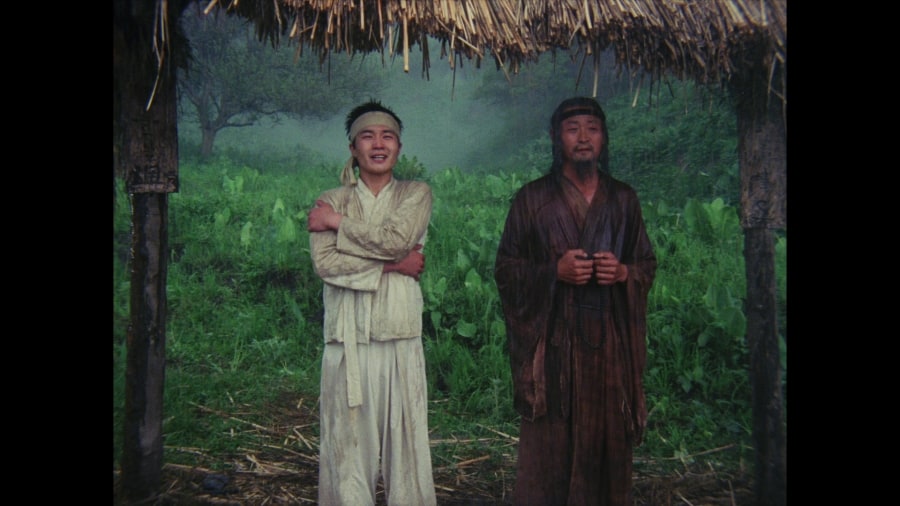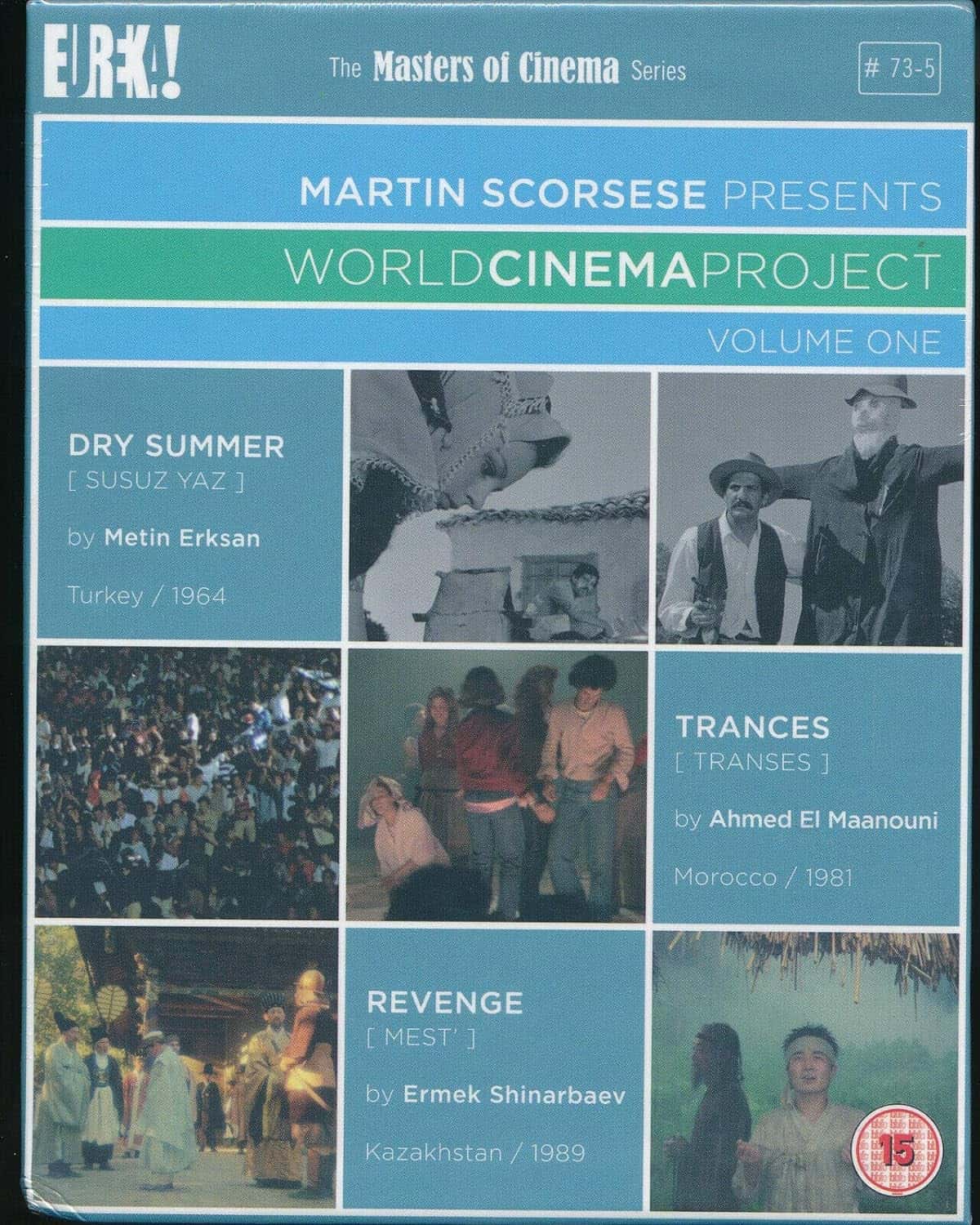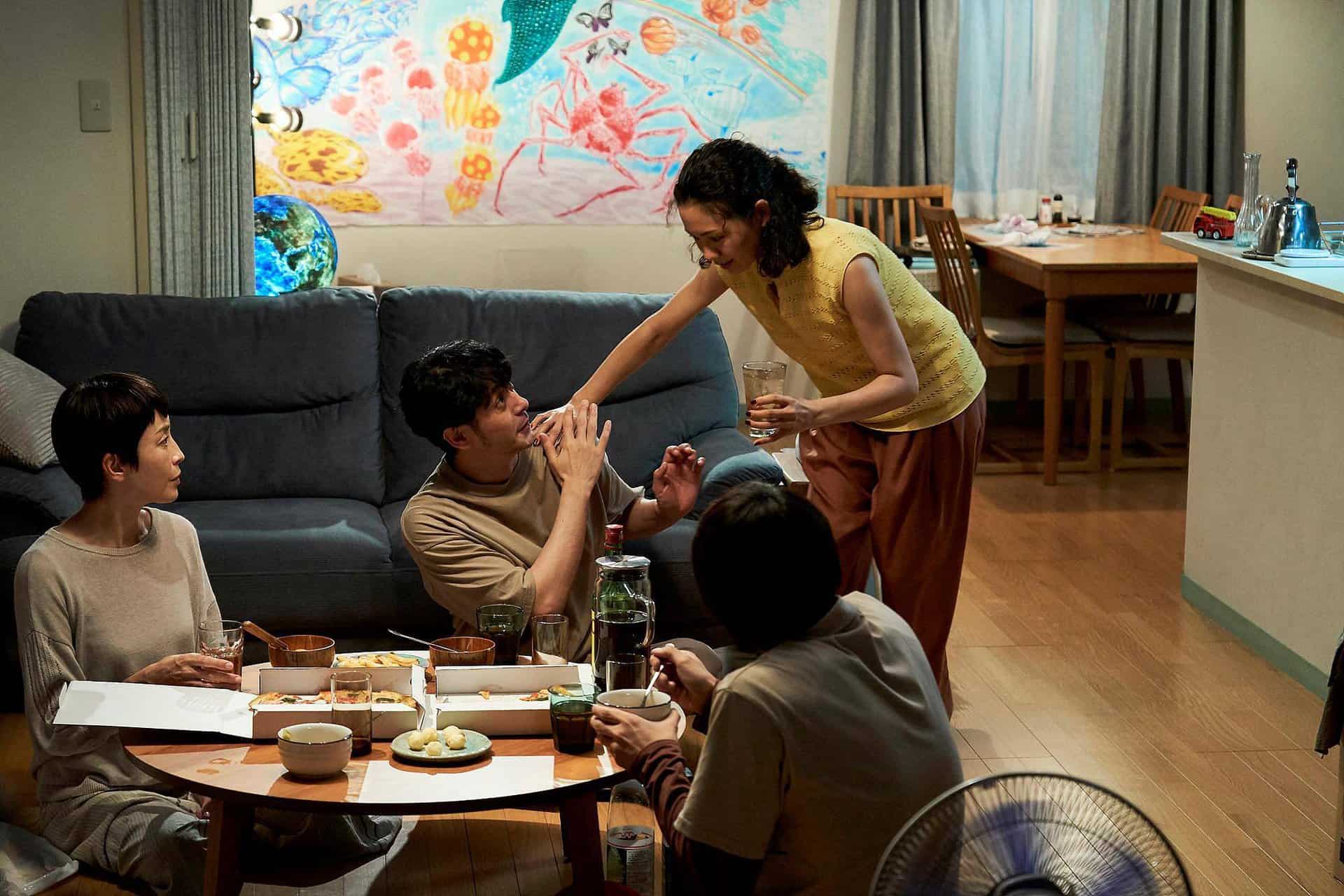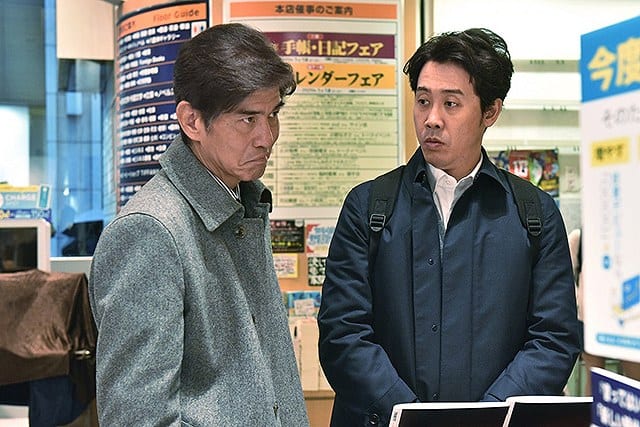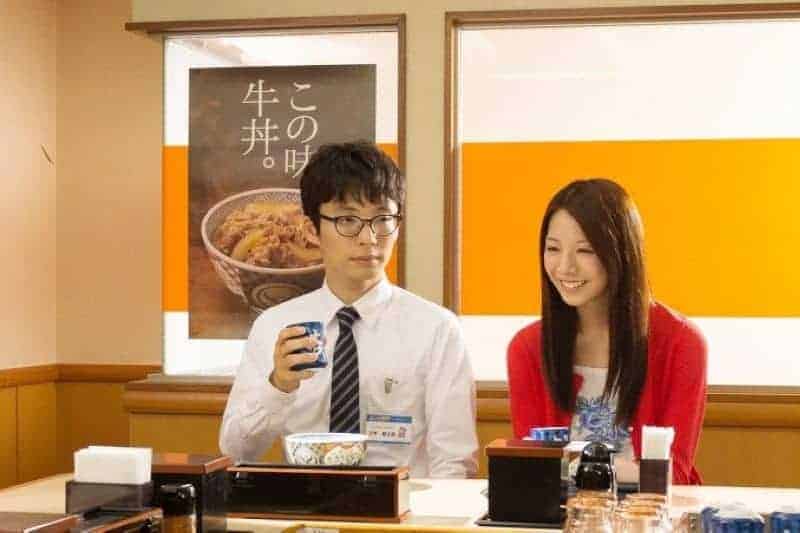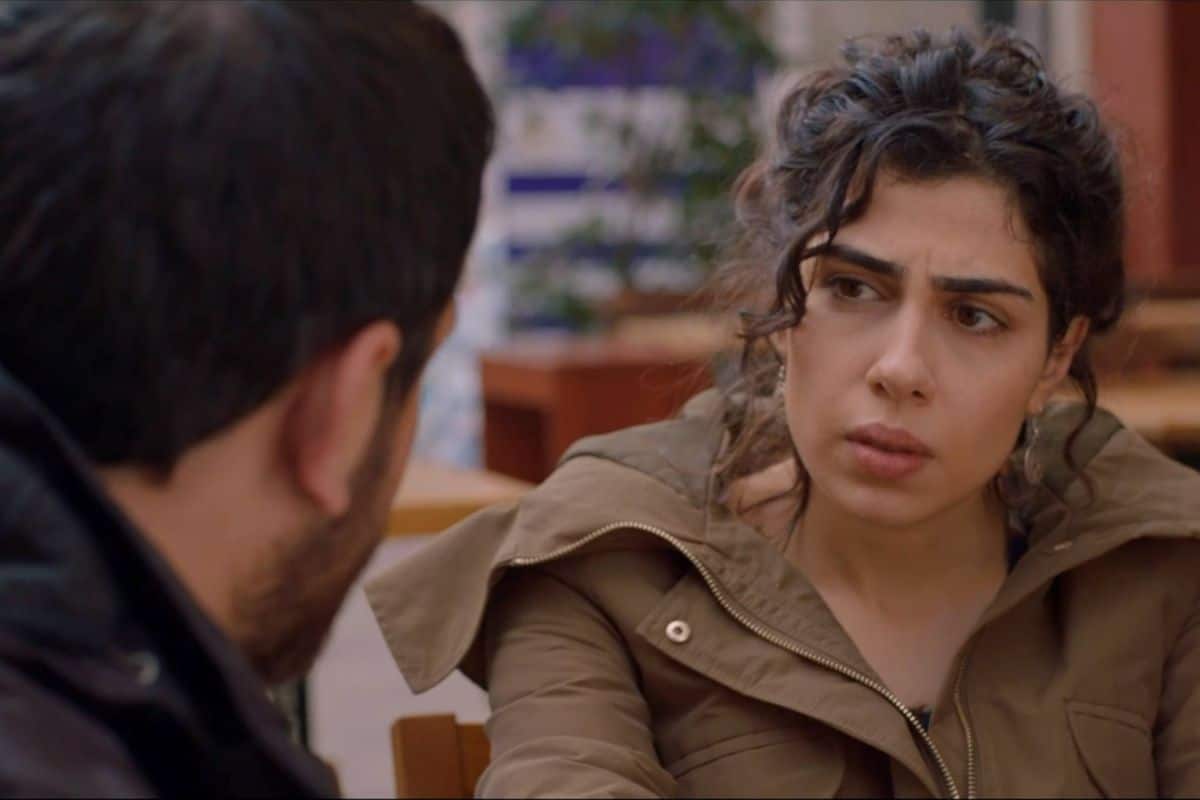While every culture had its own new wave in filmmaking, the Kazakh film movement, which started in the 1970s, is still something many audiences have to discover for themselves. Much of this has to do with the directors themselves, who are nowhere near as glamorous or provocative as their counterparts in other cultures. If it had not been for the works of organizations such as Martin Scorsese's The World Cinema Project, works such as “Revenge”, also known as “The Reed Flute”, by Ermek Shinarbaev would still be obscure and maybe even forgotten. However, thanks to its restoration in the 2010s and availability on home cinema, viewers can enjoy this unique tale about the drive for revenge, about fate and whether it is possible to escape or prophecy which may lead one to their doom.
The film is divided into eight segments, with the first one serving as a narrative and thematic framework if you will, telling the story of a young poet at the court of the Kingdom of Joseon. While he has been friends with the emperor, a man highly trained in combat, he also fears his unjust and cruel persona. Upon witnessing an execution of a man and unsuccessfully pleading that his life may be spared, he asks to leave the court to further craft his art, resulting in his banishment from the court altogether.
The following segments tell the story of a murder and its lasting consequences. Upon the unjust death of his daughter at the hands of her teacher, farmer Caj (Rasim Jakibaev) swears he will find the culprit and kill him with the very instrument that sealed the fate of his beloved child, a sickle. However, it takes years for him to find the man hiding in China, but as he is about to take his revenge, someone else gets in the way. Returning home, he has another child, a son, with his second wife, and as the boy has become a man, Sungu (Aleksandr Pan), he tells him about his duty to finally avenge his sister.
In his introduction to the feature, Martin Scorsese explains that “Revenge”, despite its title, should not be approached like a revenge-story as we have seen too many. In fact, Anatoli Kim's script is more focused on the psychological and emotional consequences of the murderous deed, as it seals the fate of a person destined for other matters than bloodshed. The depiction of the landscape, the colors and the suggestive imagery evoke the image of a vast legend, a parable perhaps about how you can divert from a predestined path in your life. “Revenge” is both a truly beautiful feature, but at the same time quite brutal, not because of the violence it shows (or rather hints at), but because of its understanding of revenge, which makes it impossible to live your life freely and see the beauty in the world.
Within the narrative, the figure of the poet becomes the most significant character. The poet at the court, shocked by the violence and injustice he has witnessed over time, and Sungu, who shows quite a talent in poetry from an early age, suggest the idea of two paths you can choose. Aleksandr Pan's understated performance also becomes a reflection of the inner turmoil of a young man having to choose between the fulfillment of his father's final wish and his desire to become a poet. Given the mythical landscape, created by the performances, script and direction, “Revenge” can be read as a simile about the burden of the next generation, wanting to be free but unable to escape the “web of destiny”, as an old woman explains in the final moments of the feature.
“Revenge” is an evocative, beautiful and yet also cruel feature about the conflict of one's destiny and desire. Ermek Shinarbaev has managed to create a truly impactful feature whose images and character will resonate with many audiences, especially due to its timeless themes.


